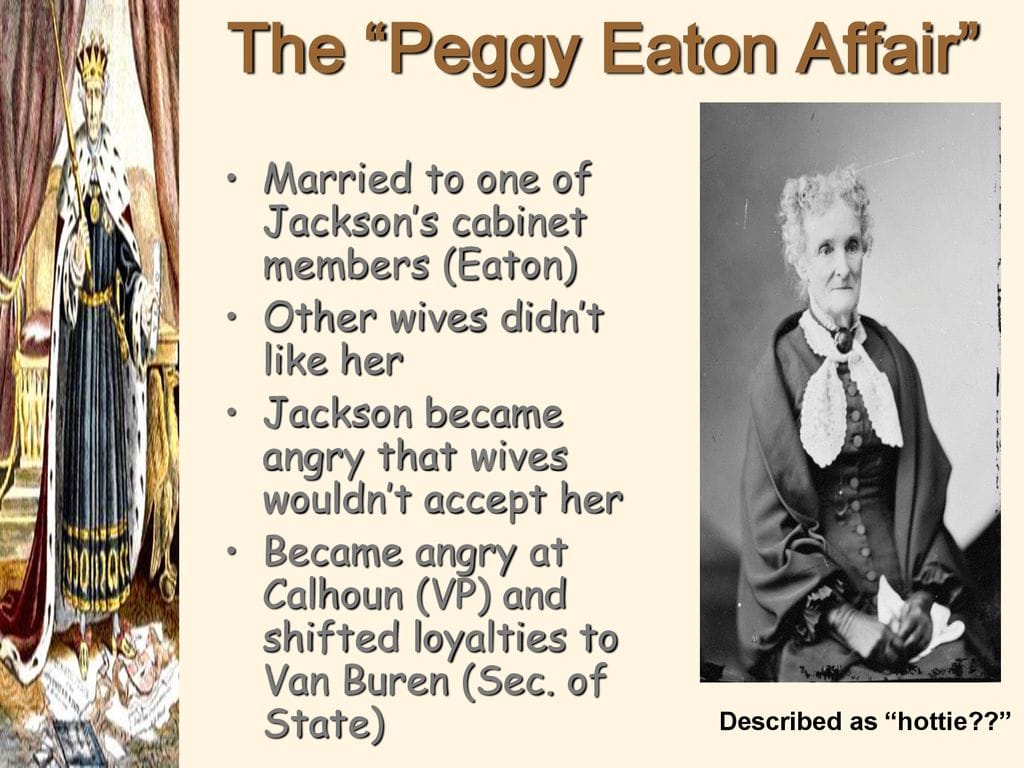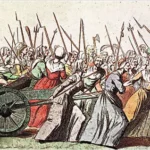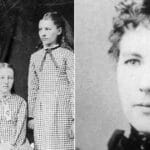The Petticoat Affair, as it came to be known, wasn’t just a fleeting scandal; it was a political firestorm ignited by accusations of adultery, social snubbing, and presidential intervention. This tumultuous episode, unfolding during Andrew Jackson’s presidency, exposed the fault lines of Jacksonian-era morality and power, forever intertwining the personal and political spheres of American history. [https://www.lolaapp.com/pizarro-s-gold]
The Spark: Peggy O’Neale and the Seeds of Scandal
Margaret “Peggy” O’Neale, a woman of undeniable charm and wit, found herself at the center of this maelstrom. Her first marriage, to John Timberlake, a purser in the U.S. Navy, was marked by unhappiness and shadowed by rumors of infidelity with John Henry Eaton, a charismatic senator and close friend of Andrew Jackson. Timberlake’s death in 1828, under circumstances that suggested suicide, only fanned the flames of gossip. Whether these whispers held truth or were merely malicious speculation remains a subject of historical debate.
Peggy’s subsequent marriage to John Eaton in 1829, a mere year after Timberlake’s death, defied the social norms of the time. Proper etiquette dictated a longer period of mourning for a widow, particularly one under such a cloud of suspicion. This perceived impropriety became the catalyst for the scandal that would engulf Jackson’s administration. Washington society, particularly the wives of prominent politicians, saw Peggy as a social pariah.
Social Warfare and Political Fallout
The social boycott against Peggy, orchestrated primarily by Floride Calhoun, wife of Vice President John C. Calhoun, was swift and merciless. Cabinet wives, following Calhoun’s lead, ostracized Peggy, refusing to invite her to social gatherings or acknowledge her presence. This wasn’t just a snub; it was a calculated act of social exile, wielding the power of reputation to inflict damage. The tension at official functions was palpable, transforming cabinet dinners into icy battlegrounds.
Andrew Jackson, however, saw in Peggy’s plight a reflection of the attacks directed at his own deceased wife, Rachel, who had also been the target of vicious rumors. Driven by fierce loyalty and a deep-seated distrust of the Washington elite, Jackson vehemently defended Peggy. He attempted to force social acceptance of her, believing that the wives of his cabinet members should socialize with one another. This intervention, well-intentioned but perhaps heavy-handed, backfired spectacularly, exacerbating the tensions within his administration.
Jackson’s Loyalty and Van Buren’s Gambit
Jackson’s unwavering defense of Peggy suggests a complex interplay of motivations. While undoubtedly fueled by personal loyalty, it also served as a channel for his populist disdain for the perceived hypocrisy of the Washington elite. His actions, however, further divided his cabinet, leading to a series of resignations. Amidst this chaos, Martin Van Buren, Jackson’s Secretary of State, saw an opportunity. A widower, unburdened by the opinions of a wife, Van Buren strategically befriended the Eatons, earning Jackson’s gratitude and solidifying his position as a trusted advisor. Some historians suggest that Van Buren’s support for Peggy was a calculated political maneuver, positioning him as Jackson’s confidante and likely successor.
The Ripple Effects and Lasting Legacy
The Petticoat Affair’s impact extended far beyond the confines of Washington society. It reshaped Jackson’s cabinet, contributed to the rise of Martin Van Buren, and provided a stark illustration of the precarious position of women in early America. [https://www.lolaapp.com/rembrandt-return-of-the-prodigal-son-painting] The scandal revealed the devastating impact of social ostracism in a society governed by reputation, highlighting the power of whispers and innuendo to destroy lives and influence political decisions.
Peggy’s Children: Growing Up in the Eye of the Storm
Amid the political machinations and social upheaval, it’s easy to overlook the human element of this drama. Peggy Eaton was a mother to three children: William, Mary Virginia, and Margaret Rose. Tragically, William died in infancy, adding another layer of sorrow to Peggy’s already difficult circumstances. Mary Virginia and Margaret Rose, however, lived through the ordeal, growing up under the shadow of their mother’s notoriety. One can only imagine the challenges they faced, navigating the social landscape of Washington D.C. while bearing the weight of their mother’s scandal. Ongoing research continues to explore the lives of these children and the long-term effects of the Petticoat Affair on their experiences.
John Eaton: A Man Caught in the Crossfire
John Eaton, initially a prominent figure in Jackson’s administration, found himself increasingly entangled in the web of the scandal. His marriage to Peggy, intended as a personal expression of love and commitment, became a political liability. Eaton’s staunch defense of his wife, while admirable, further fueled the flames of controversy, ultimately leading to his resignation from the cabinet. While he may have genuinely loved Peggy, it’s impossible to ignore the potential political ramifications of his actions. His role in the Petticoat Affair underscores the complex interplay between personal motivations and political realities.
A Cautionary Tale: Rumors, Reputation, and the Power of Perception
The Peggy Eaton Affair serves as a cautionary tale, reminding us of the enduring power of perception and the often-devastating consequences of rumor and innuendo. It offers a glimpse into a pivotal moment in American history, where the lines between personal lives and political machinations blurred, shaping the course of events in unforeseen ways. While many details remain subject to historical interpretation, the Petticoat Affair continues to fascinate and intrigue, prompting ongoing research and debate about its enduring significance. It reminds us that history is not just a collection of dates and events; it’s the story of human lives, intertwined with the complexities of social and political forces.
- Crypto Quotes’ Red Flags: Avoid Costly Mistakes - June 30, 2025
- Unlock Inspirational Crypto Quotes: Future Predictions - June 30, 2025
- Famous Bitcoin Quotes: A Deep Dive into Crypto’s History - June 30, 2025
















